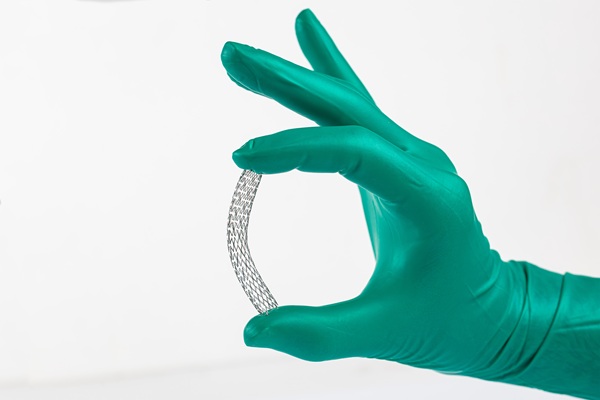4 Ways to Help Avoid Heart Disease

Are you looking for some ways to avoid heart disease? According to the Centers for Disease Control and Prevention, heart disease is the leading cause of death for both men and women. This fact makes it essential for everyone to learn what they can do to prevent themselves from being diagnosed with this all too common health condition.
About heart disease
Taking early action is important for you to lower your chances of getting heart disease, which means learning what you can do to lower your risks. The good news is that there are many things you can do to keep your heart healthy. It is now up to you to take control of your heart health by incorporating these things into your everyday life.
Ways to avoid heart disease
The list below includes four things you can do to keep your heart strong and minimize the chances of developing serious heart conditions.
1. Make wise choices when eating, drinking
This is a surprise to no one but needs repeating. While always choosing to eat foods that offer high nutritional value is ideal, you do not have to go overboard. Try to make most of your meals healthy before indulging on a snack. A general guideline includes limiting saturated fats, reducing intake of high-sodium foods and cutting foods that have added sugars. Many apps and books can help you monitor your eating habits. You can track caloric intake and see what nutrients you are missing.
2. Maintain a healthy weight, exercise often
Keeping a healthy weight is crucial. The chances of being diagnosed with heart disease increase when you are overweight. Obesity has a disastrous effect on the heart. It is associated with harmful conditions like high cholesterol, high triglyceride levels and diabetes. Getting regular exercise not only helps you maintain a healthy weight, but it also helps to strengthen the heart and improve circulation. Work on doing at least 20 minutes of light cardio three times per week. Going for a walk around the neighborhood or at a park is a great way to start.
3. Lower high blood pressure
The American Heart Association reports that over 100 million Americans have high blood pressure, which is nearly half of the adult population. High blood pressure is one of the highest risk factors for being diagnosed with heart disease, making it essential for you to bring it under control. A few suggested remedies for lowering your blood pressure include exercising regularly, losing weight, consuming less caffeine, reducing salt intake and learning how to deal with stress properly.
4. Lower cholesterol levels
High cholesterol levels lead to clogged arteries, which increases your risk of developing heart disease. A few ways to start lowering your cholesterol levels include eating foods that are high in fiber and omega three fatty acids. Limit anything that contains saturated fats, such as red meat and full-fat dairy products. Your doctor can also prescribe drugs to help reduce cholesterol.
Are you taking care of your heart?
When was your last checkup with the doctor? Even if you are not overweight and think you have a healthy diet, only a doctor can ensure that your heart is healthy. Schedule a visit with our office to see a doctor.
Request an appointment here: https://boyntonbeach.floridapremiercardio.com or call Florida Premier Cardiology at (561) 229-1411 for an appointment in our Boynton Beach office.
Check out what others are saying about our services on Yelp: Heart Disease in Boynton Beach, FL.
Recent Posts
Coronary stent placement is a treatment for coronary artery disease, a buildup of plaque (fat and cholesterol) around the heart's arteries. Along with angioplasty, a stent helps restore blood flow to the heart, relieving symptoms such as chest pain and shortness of breath and helping prevent a heart attack. The following overview of coronary stent…
Heart disease treatment encompasses a range of interventions, from lifestyle changes and medications to surgical interventions. Individuals can manage their condition and improve their quality of life by working with a cardiologist. Successful heart disease treatment starts with the patient having the information they need to make informed decisions about their health.Also known as cardiovascular…
A heart specialist is a doctor specializing in diagnosing and treating cardiovascular conditions. Patients may be referred to one of these doctors for several reasons, from diagnosing a heart health issue to getting cleared for surgery. However, seeing a heart specialist is even more crucial for those either experiencing the signs of heart disease or…
Cardiologists perform angioplasty to open blocked arteries, specifically those caused by coronary disease. This minimally invasive alternative to open heart surgery can restore proper blood flow to the heart and often reverse the fast track to a heart attack. However, learning when one is necessary is crucial for treatment success.Coronary artery disease (CAD) is a…


